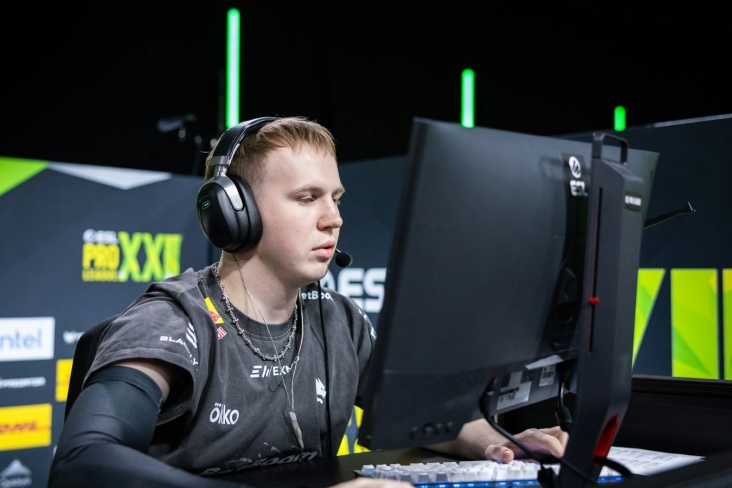The relentless rhythm of competitive esports offers little respite. For top-tier teams, the cycle of tournaments, training, and strategic adaptation is perpetual. Team Spirit, a name synonymous with rising talent and tactical prowess in CS2, recently found themselves navigating this demanding landscape once more, specifically in the run-up to ESL Pro League Season 22. The task at hand: not merely to prepare, but to seamlessly integrate a new piece into their intricate tactical puzzle – young talent Andrey “tN1R” Tatarinovich.
The announcement of tN1R joining Team Spirit in early September wasn`t just another roster shuffle; it signaled a crucial period of rebuilding and refinement. As star player Danil “donk” Kryshkovets recently revealed, the team`s schedule leading up to this point had been grueling, with four consecutive tournaments demanding their peak performance. This intense period, while showcasing their existing strength, inevitably highlighted areas for improvement and a collective need for a “refresh.”
“We needed time to refresh our game and work on our mistakes,” donk elaborated, painting a picture of a team that, despite its successes, remains acutely self-aware and committed to evolving.
Integrating the New Catalyst
Integrating a new player into a well-oiled machine like Team Spirit is far from a simple plug-and-play operation. It`s an elaborate dance of chemistry, communication, and tactical alignment. For tN1R, it meant stepping into a high-pressure environment, learning the nuances of Spirit`s established “structure and style,” and finding his voice within a roster of seasoned competitors. The team, according to donk, approached this integration with a proven methodology, mirroring their successful process when Dmitriy “zweih” Ilyanov (or rather, when zweih first joined, as the original article implies) joined previously.
“We did the same thing we did when zweih first joined,” donk stated, underscoring a systematic approach to onboarding new talent.
This systematic approach involves extensive theoretical work, deep dives into strategic frameworks, and countless hours in practice servers, all designed to ensure the new member not only understands the team`s playbook but can execute it instinctively under pressure. It`s a testament to the meticulous nature of professional esports preparation, where every call, every push, and every grenade throw is part of a larger, coordinated symphony.
Practice vs. Pressure: The Tournament Dichotomy
The fruits of this intensive labor were evident, at least in the private crucible of practice. Donk expressed satisfaction with their training outcomes, a cautious optimism tempered by the stark reality of competitive play. “Official matches are a different game,” he acknowledged, highlighting the chasm between controlled practice scenarios and the unpredictable, high-stakes environment of a live tournament. This observation, while seemingly obvious, encapsulates the perennial challenge facing every esports team: translating theoretical mastery into tangible tournament success.
The refreshed Team Spirit roster, with tN1R in tow, finally made their competitive debut a month after his arrival, commencing their ESL Pro League Season 22 journey from the second stage. Their first test pitted them against Inner Circle, a match they navigated to secure a 2:1 victory. This initial triumph, while a positive start, merely marks the first step in a much longer and more arduous campaign.
The Road Ahead for the Dragons
As ESL Pro League Season 22 progresses, all eyes will remain on Team Spirit. Their methodical approach to roster changes, their relentless dedication to refining their game, and the measured confidence expressed by players like donk, paint a picture of a team poised to challenge. The journey of integration is rarely linear, but with a solid foundation laid in practice, Team Spirit and tN1R are now ready to write the next chapter of their competitive narrative on the global stage. The dragons have adapted; now they prepare to breathe fire.

